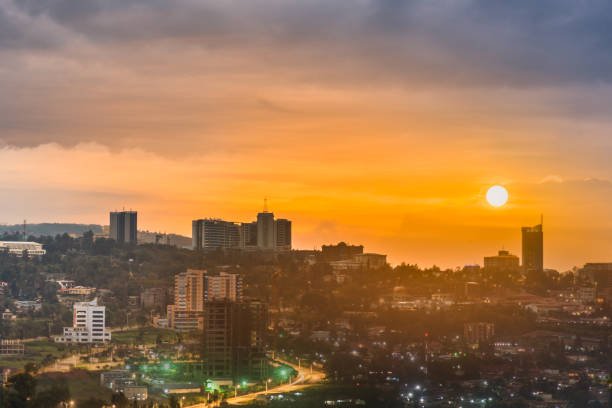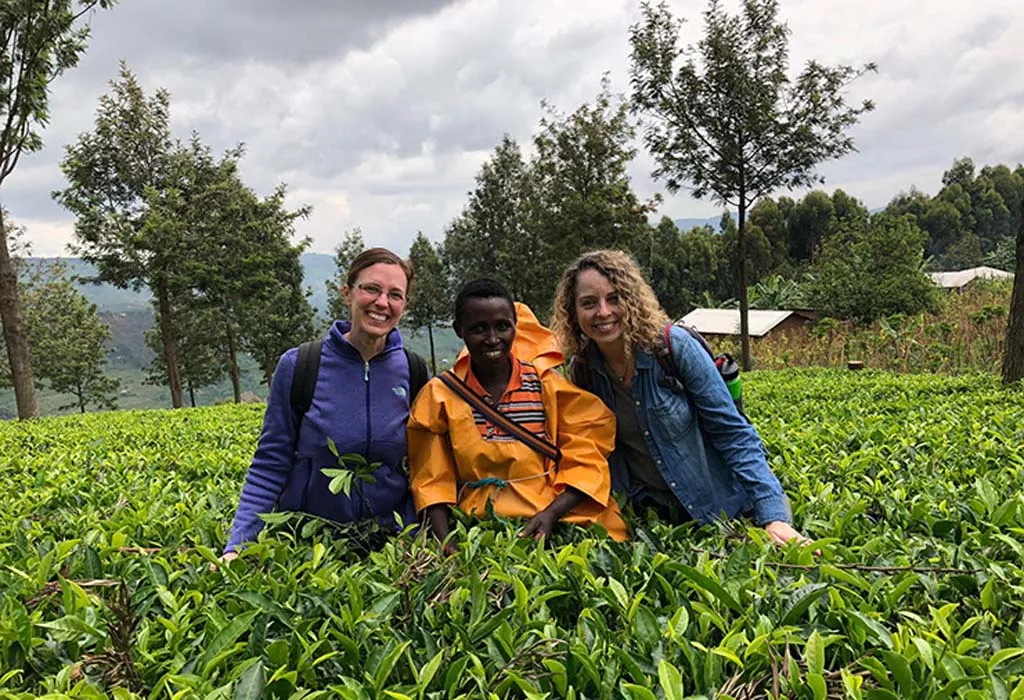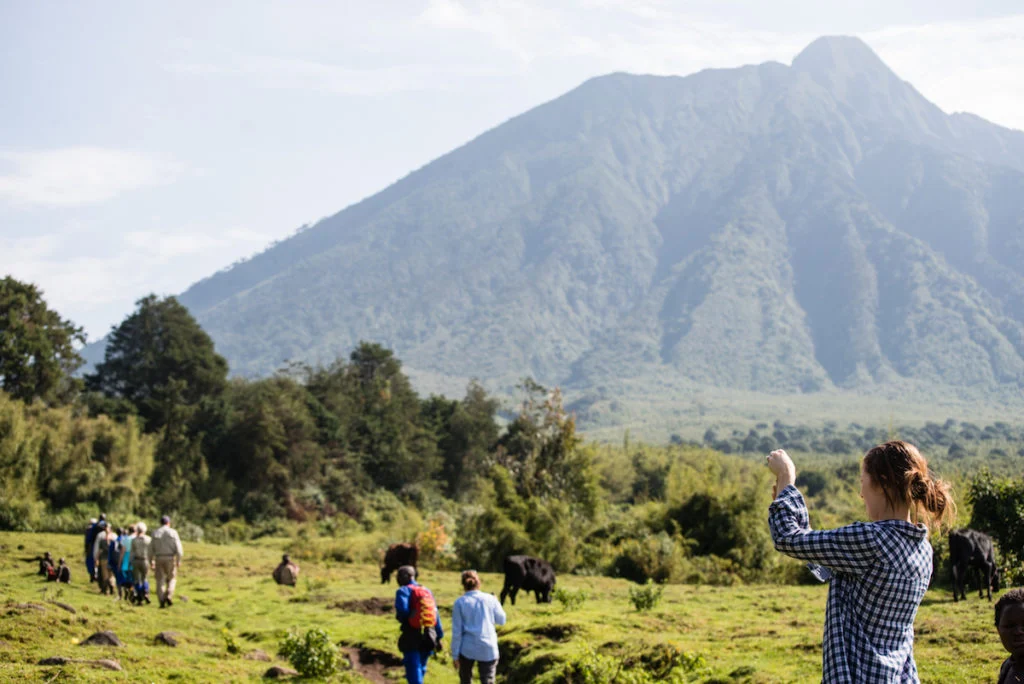
Rwanda is a land of a thousand hills and a million stories. Beyond its breathtaking landscapes and heartwarming culture lies a spirit of resilience and a drive for community upliftment. As a traveler seeking not just sights but significance, volunteering in Rwanda offers an opportunity to create a positive impact while gaining a deeper understanding of local life. But where should you begin? How can you ensure your contributions are meaningful and ethical?
This blog provides a comprehensive guide to volunteering in Rwanda, outlining the best organizations to work with, the sectors where help is needed, and essential do’s and don’ts for ethical travel.
Why Volunteer in Rwanda?
Rwanda has made significant strides since the 1994 Genocide Against the Tutsi. Today, it’s one of Africa’s safest and fastest-growing countries, celebrated for its clean cities, eco-conscious policies, and community-oriented ethos. Yet, like many nations, it still faces challenges, particularly in rural development, education, healthcare, and youth empowerment.
Volunteering in Rwanda allows you to:
- Contribute to sustainable development goals.
- Learn about grassroots efforts in post-conflict rebuilding.
- Exchange skills and ideas with locals.
- Develop personal and professional competencies.
Top Sectors Where Volunteers Can Make a Difference
1. Education
Many Rwandan schools—especially in rural areas—struggle with teacher shortages and limited resources. Volunteers can:
- Teach English, French, or basic science and math.
- Assist with extracurricular activities like sports and arts.
- Help improve literacy through reading programs.
Top Organizations:
- Ready for Reading (Rwinkwavu)
- Hope and Homes for Children
- TEACH Rwanda
2. Healthcare
Access to healthcare has improved, but rural clinics still benefit greatly from volunteers. Medical and public health professionals can:
- Support community health outreach.
- Assist nurses and doctors in rural clinics.
- Educate locals on hygiene, nutrition, and family planning.
Top Organizations:
- Partners In Health (PIH) Rwanda
- Health Builders
- Solid’Africa (specializing in nutrition for hospital patients)
3. Women’s Empowerment
Empowering women is essential to Rwanda’s development. Volunteers can:
- Teach vocational skills like sewing, hairdressing, or baking.
- Offer workshops on entrepreneurship and financial literacy.
- Provide mentorship to young girls in school.
Top Organizations:
- Nyamirambo Women’s Center
- Kigali Women’s Book Project
- Women for Women International
4. Environmental Conservation
Rwanda is a global leader in sustainability. Volunteers can:
- Work on eco-tourism projects.
- Help with forest and wildlife conservation.
- Educate communities on waste management and reforestation.
Top Organizations:
- REMA (Rwanda Environment Management Authority)
- Wildlife Conservation Society
- Conservation Heritage – Turambe
5. Youth Development
The youth make up over 60% of Rwanda’s population. Volunteers can:
- Run after-school programs.
- Coach sports or arts workshops.
- Mentor youth in career and leadership development.
Top Organizations:
- Youth Impact Mission
- Akilah Institute (now Davis College)
- iDebate Rwanda
Ethical Volunteering: What You Should Know
Volunteering abroad comes with responsibility. Here are critical principles to keep in mind:
Do:
- Research thoroughly. Choose organizations with transparent operations and local partnerships.
- Understand cultural norms. Respect traditions, language, and social dynamics.
- Contribute skills that are needed. Be realistic about your impact.
- Support local leadership. Collaborate instead of directing.
Don’t:
- Engage in voluntourism. Avoid short-term, unskilled stints, especially those involving vulnerable populations like children.
- Take local jobs. Always ensure your presence is adding value, not replacing local workers.
- Ignore sustainability. Aim for efforts that continue even after you leave.
Practical Tips for Volunteering in Rwanda
1. Visa & Legal Requirements
Rwanda offers an easy visa process for most nationalities. A tourist visa (30 days) is usually sufficient, but if you’re staying longer or working with a local NGO, check if a volunteer visa or work permit is required.
2. Language
Kinyarwanda is the national language, but English and French are widely spoken, especially in urban areas and among educated communities. Learning basic Kinyarwanda phrases will go a long way.
3. Accommodation
Options range from homestays and guesthouses to shared volunteer housing. Some NGOs provide accommodation or help arrange it.
4. Health & Safety
- Vaccinations such as Yellow Fever and Hepatitis A are recommended.
- Tap water isn’t potable; drink bottled or filtered water.
- Rwanda is safe, but always use common travel sense—especially in unfamiliar rural areas.
5. Cultural Sensitivity
- Dress modestly, especially in rural areas.
- Greet people properly—handshakes are customary.
- Avoid political discussions unless you’re well-informed.
Personal Stories: Volunteers Share Their Experiences
“Teaching in Rwanda taught me more than I could ever teach my students. I arrived with lesson plans and left with lifelong friendships and a deeper respect for the resilience of rural communities.”
— Emily, USA, Volunteer Teacher in Bugesera
“At Nyamirambo Women’s Center, I learned that empowering women doesn’t just change their lives—it changes entire communities. It was humbling to be part of that transformation.”
— Jean-Paul, Belgium, Social Work Volunteer in Kigali
“Volunteering in a community health center opened my eyes to both the challenges and creativity of healthcare in low-resource settings. It shaped my career path forever.”
— Ruth, UK, Medical Volunteer in Huye
Final Thoughts
Volunteering in Rwanda is not just about lending a hand—it’s about building bridges. When done ethically and intentionally, your time here can foster lasting change for both local communities and yourself. Rwanda doesn’t just offer opportunities to help; it invites you to belong.
So, whether you’re a gap-year traveler, a professional seeking purpose, or someone who simply believes in giving back—Rwanda awaits you with open arms and a chance to make a real difference.
Ready to Volunteer in Rwanda?
Start by researching organizations and causes close to your heart. Reach out, plan responsibly, and prepare for a life-changing journey.



















